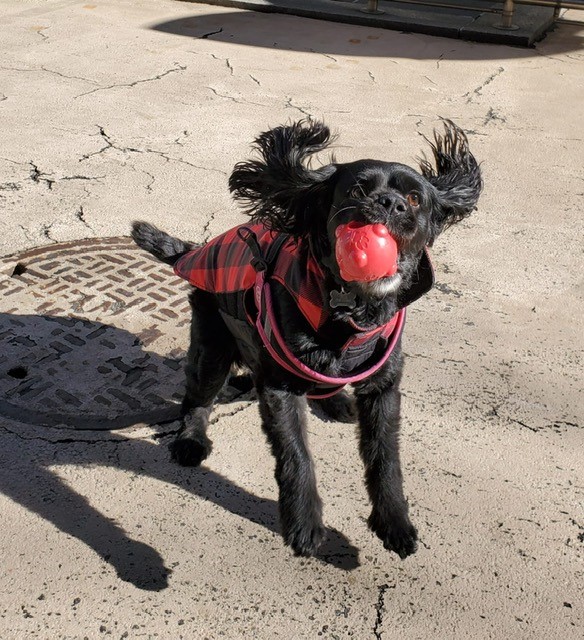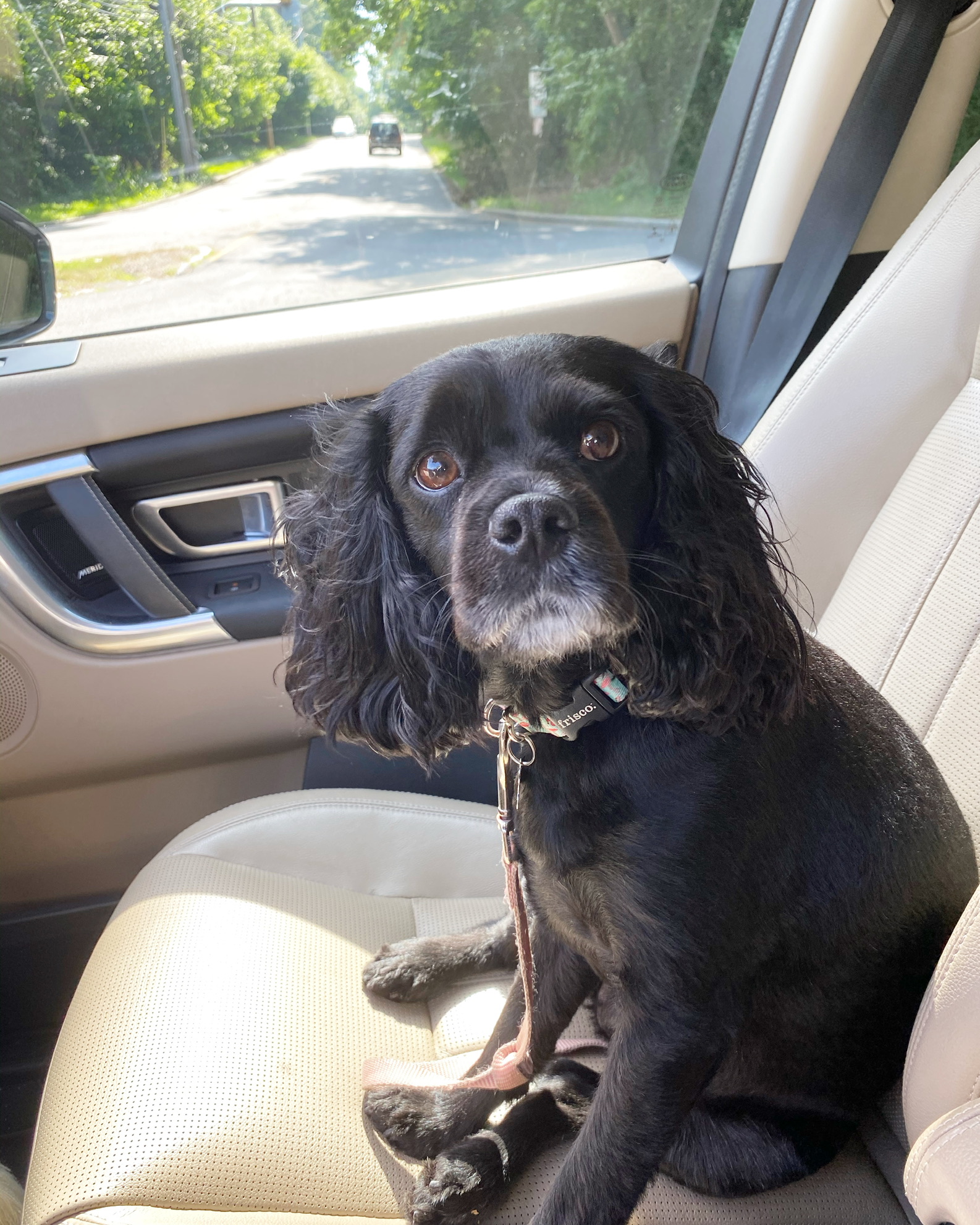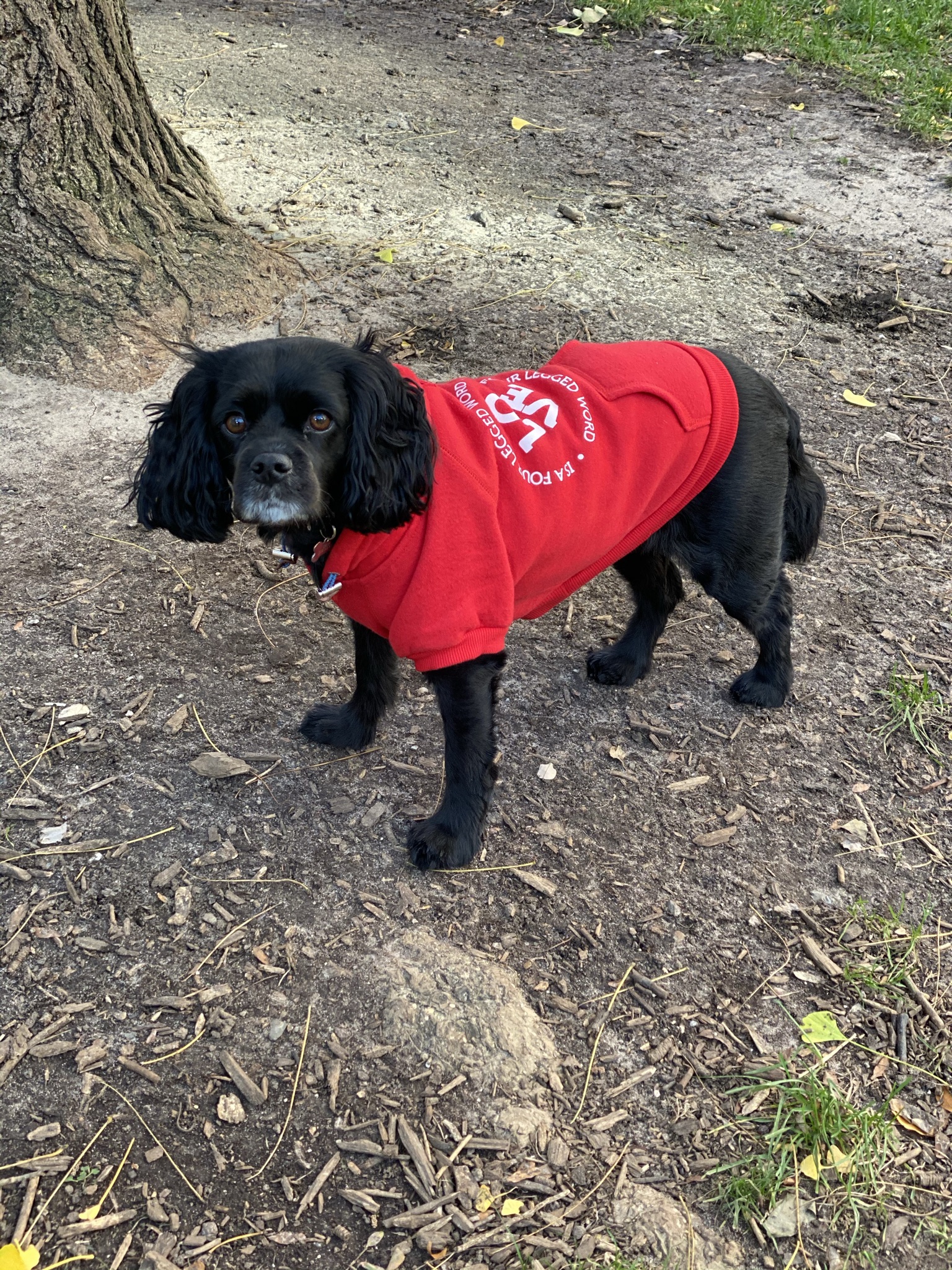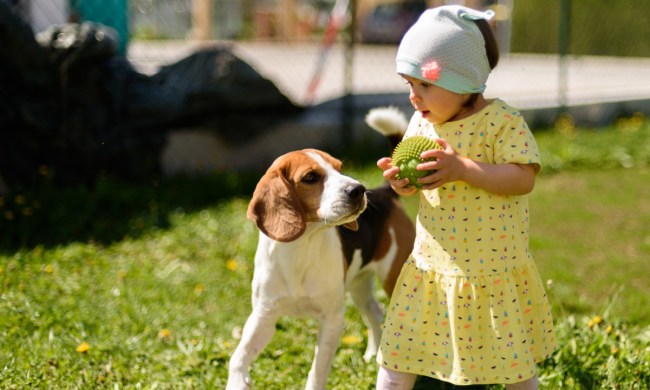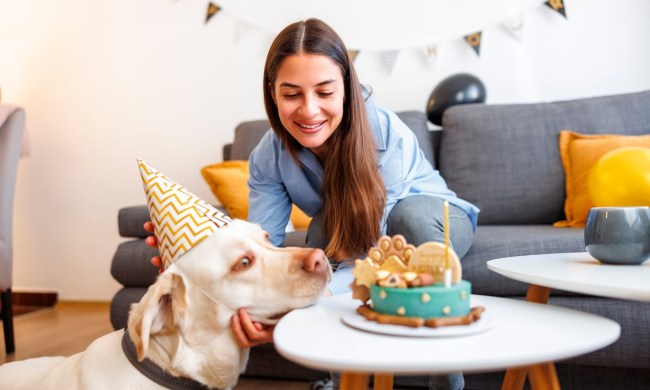Ready for your daily dose of cute? In our Pet profile series, PawTracks gets an insider look into the lives of some of our staff and the cats and dogs who make their homes whole. In the past, we’ve met Frosty — an athletic American Eskimo — and Lulu Belle — a sassy Shih Tzu mix — among others.
In this piece, we’ll get to know sales manager Nicole Abbondandolo and her pup Chloe, a sweet lap dog with brains and beauty to match. Let’s learn their story and see what they’re up to!
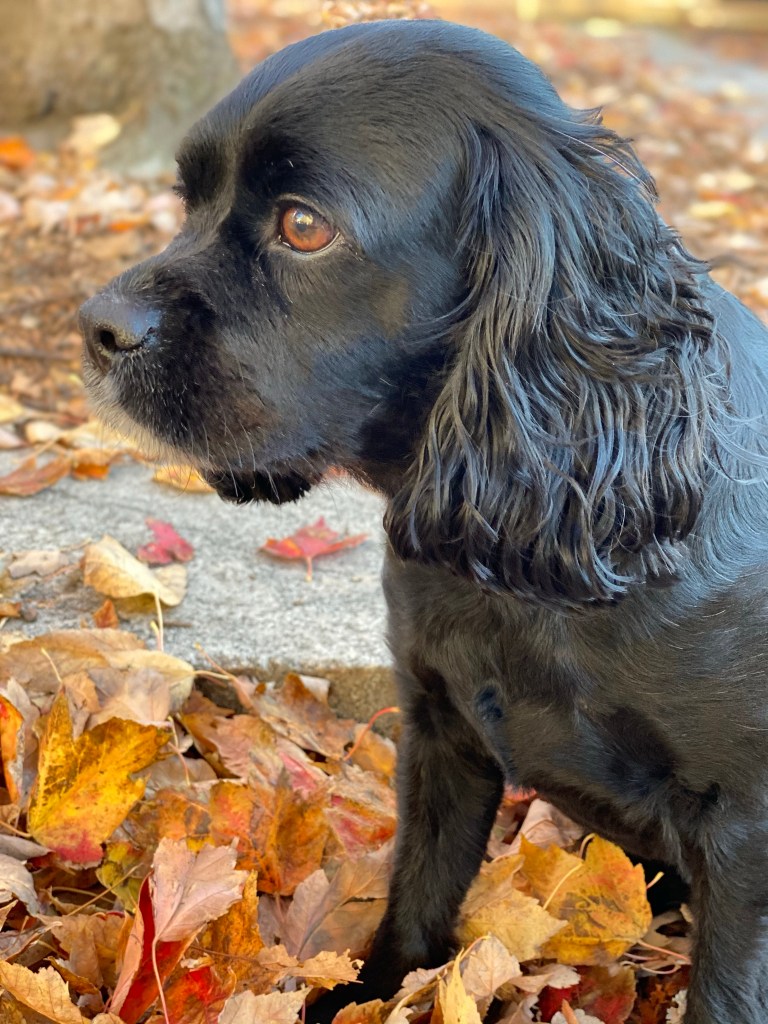
The parent and the pup
Thanks, Nicole! Would you mind describing your role at Digital Trends Media Group (DTMG)?
Digital Sales Manager — I work across the sales team to drive revenue for DTMG.
How many pets do you have, and what are their names?
One. Her name is Chloe.
What breed is Chloe? Did you choose this breed for a reason?
[She’s a] cavapoo (a Cavalier King Charles spaniel and poodle mix). We had a cavapoo growing up, and I’ve always been drawn to the breed.
Does having a cavapoo fit with your lifestyle? Why or why not?
Yes. Chloe is wonderful! She gets along with all dogs and humans. She’s obedient and very smart!
That’s great! Chloe sounds so sweet. Do cavapoos have any unique traits or behaviors?
[They are] very snuggly and like to be close to their owners. If they’re not sitting on a lap or getting a belly rub, nothing makes them happier than to flush a bird and then attempt to retrieve it.
(Editor’s note: When a hunting dog “flushes” a bird, they chase the bird out of their tree or shelter and into the sky so that the hunter can get a clear shot. Many flushing dogs are also happy to retrieve prey.)
All about Chloe
How did Chloe enter your life?
I always wanted to have my own dog and when I turned 30, I got Chloe! It was a pretty spontaneous decision, to be honest.
What an amazing birthday present! Dogs certainly add so much to our lives. If you had to pick, what are some of your favorite personality traits or quirks about your pup?
She’s a lap dog. She’s sociable, affectionate, fearless, patient, playful, and adaptable.
Does Chloe have any special needs?
Yes. She has anxiety, and we believe she has epilepsy — seizures have occurred randomly for the last three years.
Have you found anything that helps ease her symptoms?
CBD oil has been a great help to comfort her anxiety.
What are Chloe’s favorite toys?
Anything that is soft and squishy.
What type of food do you feed your pet?:
Royal Canin Ultamino (vet prescription food).
(Editor’s Note: Royal Canin Ultamino is usually prescribed for dogs with skin sensitivities and/or food allergies. It’s easy on the immune system and usable for short- or long-term diets, depending on your pet’s needs. While it’s available at larger retailers such as PetSmart and Chewy, you should talk to your vet before starting your dog on a specialized diet.)
Where do you purchase Chloe’s products?
Chewy.com.
Do you carry pet insurance for Chloe? If so, which kind and why?
Yes — Nationwide Whole Pet. She was sick a lot in her first year of life, and the insurance is amazing. It covers 90% of all vet appointments and medications.
Thank you, Nicole and Chloe, for sharing a bit about your lives together with PawTracks readers. It’s always rewarding to spotlight the pets that make our days so much brighter. There’s nothing quite like the love of a loyal dog!
Cheers to all the dogs who make us smile and show us unconditional love every day. Don’t forget to show them a little love back, whether in the form of a treat, some playtime, or an extra walk.
